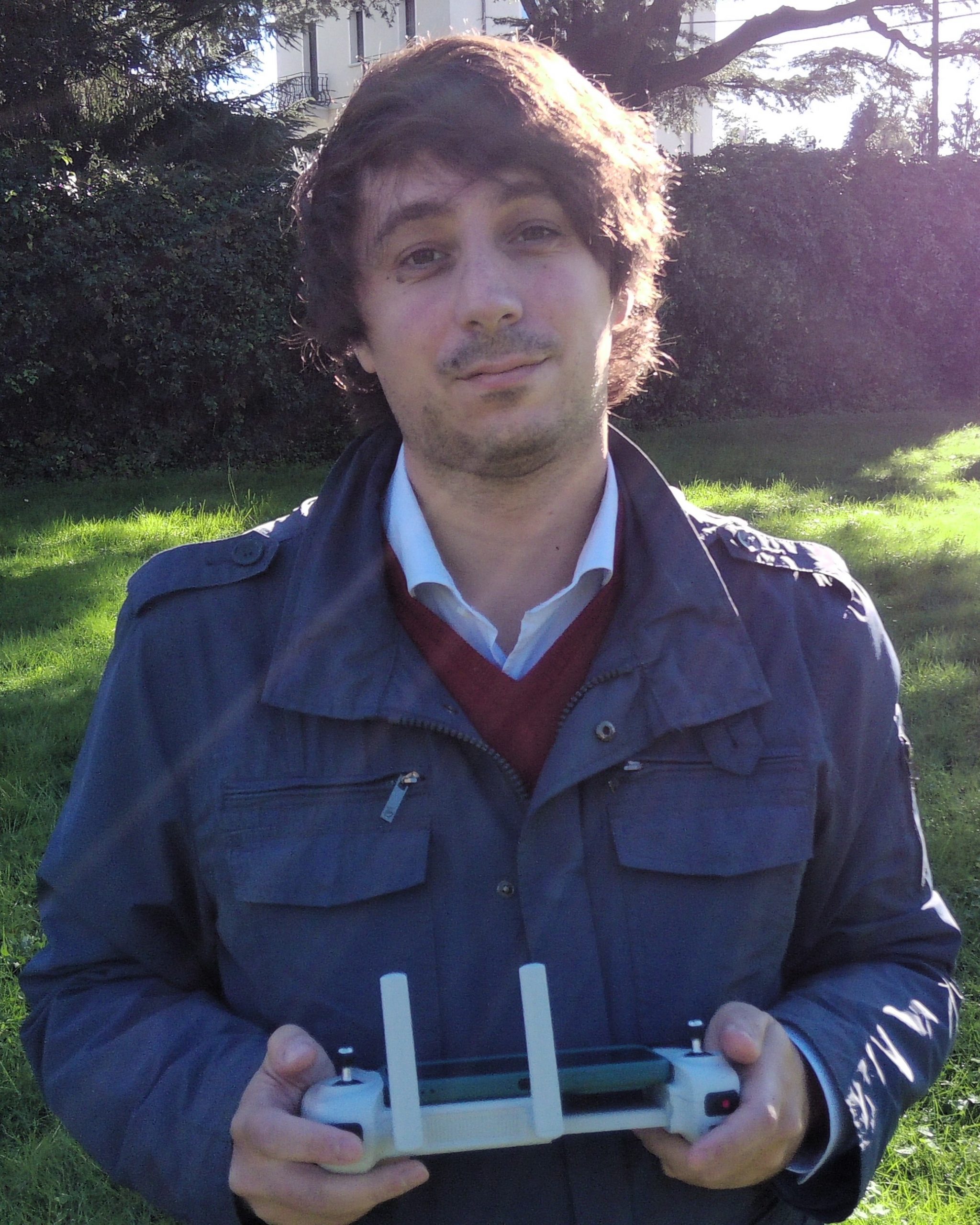Fluvial Protection Works
Curriculum: HYRIS
Term: 2nd year, 1st Semester
CFU: 6
SSD: CEAR-01/A
Duration and Schedule: available here
Office hours: Please contact the lecturer
OBJECTIVES
The course illustrates the main existing solutions for flood protection in river environments. At the end of the course, the student should be able to understand their working principles and to select the most suitable solution for a specific problem and autonomously use available consolidated methodologies for countermeasure design.
DESCRIPTION
The contents are the following:
- Introduction to flood risk and basic conceptual approaches behind its mitigation through structural and non-structural measures
- Levees: components and relative functions, required dimensions, how to compute internal filtration and avoid collapse due to it, how to avoid collapse due to piping, levee failure
- Bank revetments: river-bank instability assessment, riprap sizing and best practices for its installation, how to manage levee overtopping problems through revetments, gabions and mattresses, nature-based solutions
- Protections against scour at man-made structures: description of natural, contraction and local scour processes and methods for their evaluation, available countermeasures against scour and best practices for their use
- Flood control reservoirs: working principles and design of online and offline systems
- Diversion channels: working principles and real-world examples
REQUIREMENTS
A solid knowledge of open-channel hydraulics and a basic knowledge of river and sediment transport hydraulics are required to properly understand the topics of the course. Understanding of fluid mechanics, geotechnical engineering, groundwater flow and hydrology from previous courses would also be strongly beneficial.
REFERENCES
Course slides are purposedly as much complete and verbose as possible to avoid relying on external material for exam preparation. Various freely available technical manuals from governmental institutions around the world will be shared for students aiming at getting additional details on topics of interest to those given during the course and required for the final exam.
ASSESSMENT
Oral exam on the course topics, specifically directed at assessing the acquired own understanding of the subject, with an approximate duration of 20 minutes. Evaluation will be given through the usual 0 – 30 scale, the “30 cum laude” mark being awarded to flawless exams.
Instructor: Andrera Fenocchi: official webpage and CV

Institution: DICAR (UNIPV)
E-mail: andrea.fenocchi@unipv.it
Voice: +39 0382 985322
Fax: +39 0382 985589
Skype: andrea.fenocchi
Bio: Andrea Fenocchi is Tenure-track Assistant Professor at the Department of Civil Engineering and Architecture of the University of Pavia and Associate Researcher at the Water Research Institute of the Italian National Research Council, Verbania. He graduated in Environmental Engineering in 2011 and obtained his Ph.D. in Hydraulic Engineering in 2015. His main research interests are in the fields of environmental hydraulics, physical limnology and ecohydrology.
